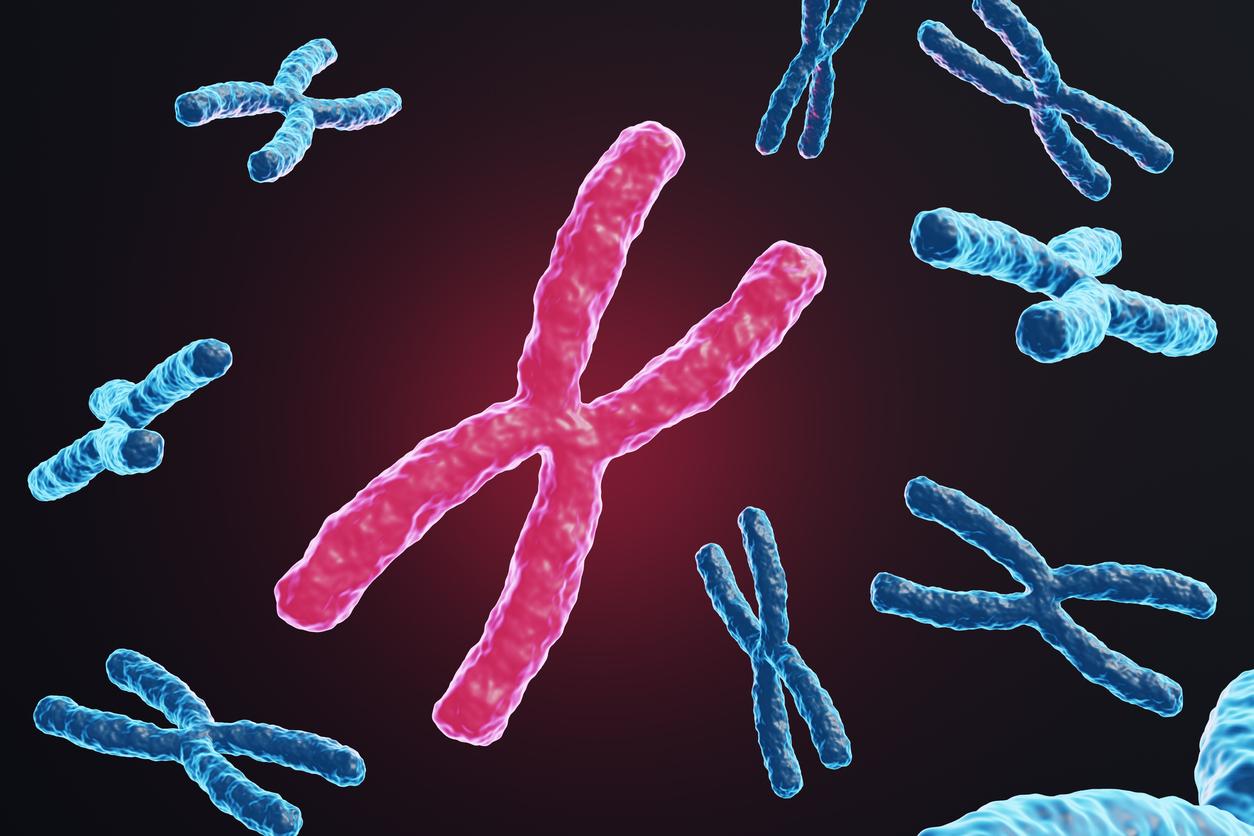By listening to electronic music, neurons in the brain tune into its rhythm, which changes reaction time.

- In a recent study, electronic music with the slowest tempo (1.65 Hz) resulted in more pronounced effects on participants’ neural activity.
- Synchronizing brain activity and music rhythm changed reaction time during cognitive tasks.
- No concentration-related changes were observed.
The state of consciousness refers to a person’s perception of themselves and their environment. The latter is altered in the event of trauma, taking medications or drugs. However, electric music can also change the state of consciousness. This is what researchers from the University of Barcelona (Spain) recently revealed in a study published on the site BioRxiv.
20 adults listened to six extracts of electronic music at different tempos
As part of this research, the team was interested in the effects of electronic music on the state of consciousness, because the latter brings intense sensations and sometimes even provokes a state of trance in listeners. “We start from the observation that training to auditory stimuli reaches its maximum for stimulation rates of around 2 Hz compared to others”, said the authors.
For the purposes of the work, the scientists recruited 20 people. Participants had to listen to six one-minute excerpts of electronic music at different tempos (1.65 Hz, 2.25 Hz and 2.85 Hz). For each extract, they performed cognitive tasks and reported their feelings using questionnaires. Brain activity was recorded using electroencephalography to measure the degree of synchronization between neuronal activity and music.
Brain: the rhythm of the songs is synchronized with neuronal activity
The results showed that music with the slowest tempo (1.65 Hz) resulted in more pronounced effects on neural activity. In addition, the researchers found that synchronizing the volunteers’ brain activity and the rhythm of the music changed their reaction times during cognitive tasks. Regarding the impact on concentration, no changes have been reported.
The team hopes that this data can be used to improve therapeutic interventions for disorders of consciousness, such as coma or vegetative state. “Further research is needed to determine how individual characteristics, personality traits, cognitive abilities and past experiences, modulate this link,” can we read in the conclusions of the study.

















